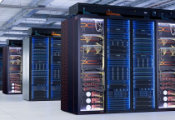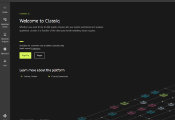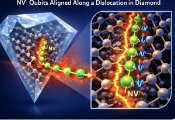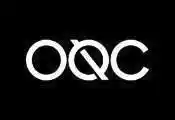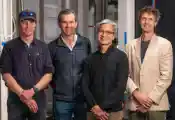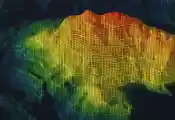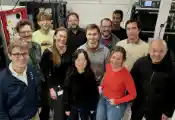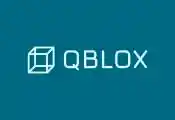A New Pilot Between QuantumBasel and D-Wave on Quantum Computing in Logistics
17 Jun 2024 -- Hermes Germany is leveraging quantum computing to enhance its delivery operations through a new partnership with QuantumBasel. Aiming at optimizing routes, increasing delivery efficiency, and reducing CO2 emissions across its network, this initiative aligns with Hermes' commitment to improving service quality and operational efficiency. The collaboration will explore how quantum solutions can improve upon existing software, addressing operational challenges and driving innovation in logistics.
Hermes Germany is committed to achieving three objectives to optimize its daily operations: Provide a comprehensive service to all the parcel shops in its network, Reduce operating costs by minimizing time, distance and number of rounds, Maximize the efficiency of pick-ups.
Hermes has organized a network of 17,000 parcel shops linked to 50 depots throughout Germany. Each route starts at a depot and includes the parcel shops and 1,000 to 3,500 "DigitalSales" stops, resulting in an average of 15 to 20 stops per route.
Advanced software is currently mapping each route and assigning parcel shops and stops so that drivers can easily follow optimized routes. These measures are expected to significantly improve operational efficiency and service quality.
The current software solution differentiates between weekdays and takes into account constraints such as vehicle load limits, driver shift and break schedules, and fixed parcel shop hours. Looking to the future and the new technologies that will make our lives easier and better, Hermes has decided to go one step further.
Supported by QuantumBasel, the Swiss Quantum & AI Hub, Hermes will explore the possibilities of quantum computing. QuantumBasel will help Hermes better understand the technical and strategic opportunities that quantum computing offers for this use case and beyond.
Over the coming months, QuantumBasel will provide Hermes with access to the technology environment of D-Wave's annealing quantum computers and quantum hybrid solvers. Under the guidance of QuantumBasel scientists and their expertise, as well as D-Wave's professional services team, the project aims to compare the standard software with a quantum computing solution to determine if a quantum solution is even better at optimizing routes in terms of time and distance while, most importantly, reducing CO2 emissions.

